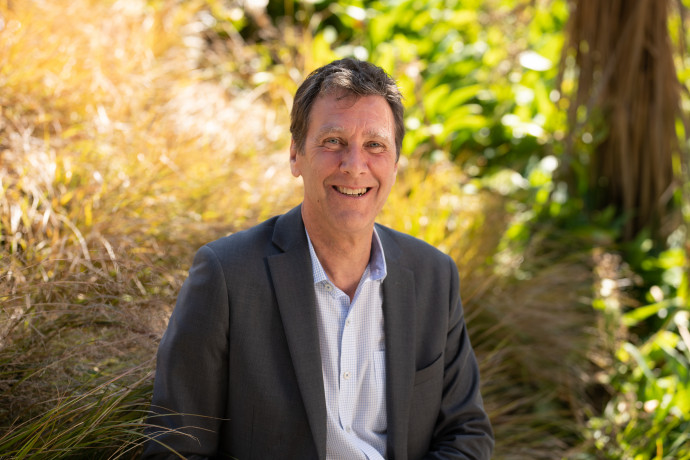Nā Te Tumu Whakarae | Chief Executive update

Kia ora koutou.
Welcome to the first edition of The Link for 2025!
The International Science Council (ISC) held its third General Assembly last month in Muscat. This was preceded by a Global Knowledge Dialogue conference involving over 415 representatives from 132 countries. As noted on the ISC website, “the ISC General Assembly is the premier occasion for ISC Members and Affiliated Bodies, Fellows and partners from all domains of science and regions of the world to meet for cross-disciplinary, strategic discussions on challenges and priorities for international cooperation in science”. It is an extremely important opportunity in that regard.
I encourage you to have a look at the full details of both events when you have a moment.
Our government supports New Zealand’s membership of a number of international scientific unions through the Catalyst: Influence fund. The ISC is one of these memberships and the Society has played an active role in the ISC over recent years, notably through our support of the Committee for Freedom and Responsibility in Science (CFRS) since 2016. Our staff member, Gustav Kessel, is Special Adviser to the CFRS. I attended the CFRS session at the Global Knowledge Dialogue in Muscat - it was encouraging to hear about the current work being done by the ISC in this complex area, but also sobering to hear first-hand reflections of some of the (extreme) challenges being faced by colleagues in various parts of the world. Our close engagement with the CFRS gives us valuable insights and understanding of issues, and also an important opportunity to be part of a global collective engaged in this work.
Another area where the ISC has lent considerable support has been in the establishment of the Pacific Academy of Sciences (PAS). The Society played an active role in the establishment phase of the PAS, and continues to do so through commitment of staff time and expertise as the PAS develops all the systems and structures required to run the organisation into the future.
Closer to home, our own science system (in its broadest sense) is under very considerable stress. There are long-term opportunities emerging through, for example, the recommendations in the Science System Advisory Group’s (SSAG) first report. That said, many details are yet to be worked out and the question of transitioning between structures and approaches is a complex one with its own potential impacts. What is clear currently is that the immediate impacts of current and ongoing uncertainties and funding pressures are being felt across all our communities.
We continue to actively engage with government regarding these changes, stressing the importance of investment in all subject disciplines to our country’s future, and the President and I had our first meeting with Minister Reti in mid-February in this regard.
Ngā manaakitanga,
Paul Atkins MRSNZ
Chief Executive
Royal Society Te Apārangi
